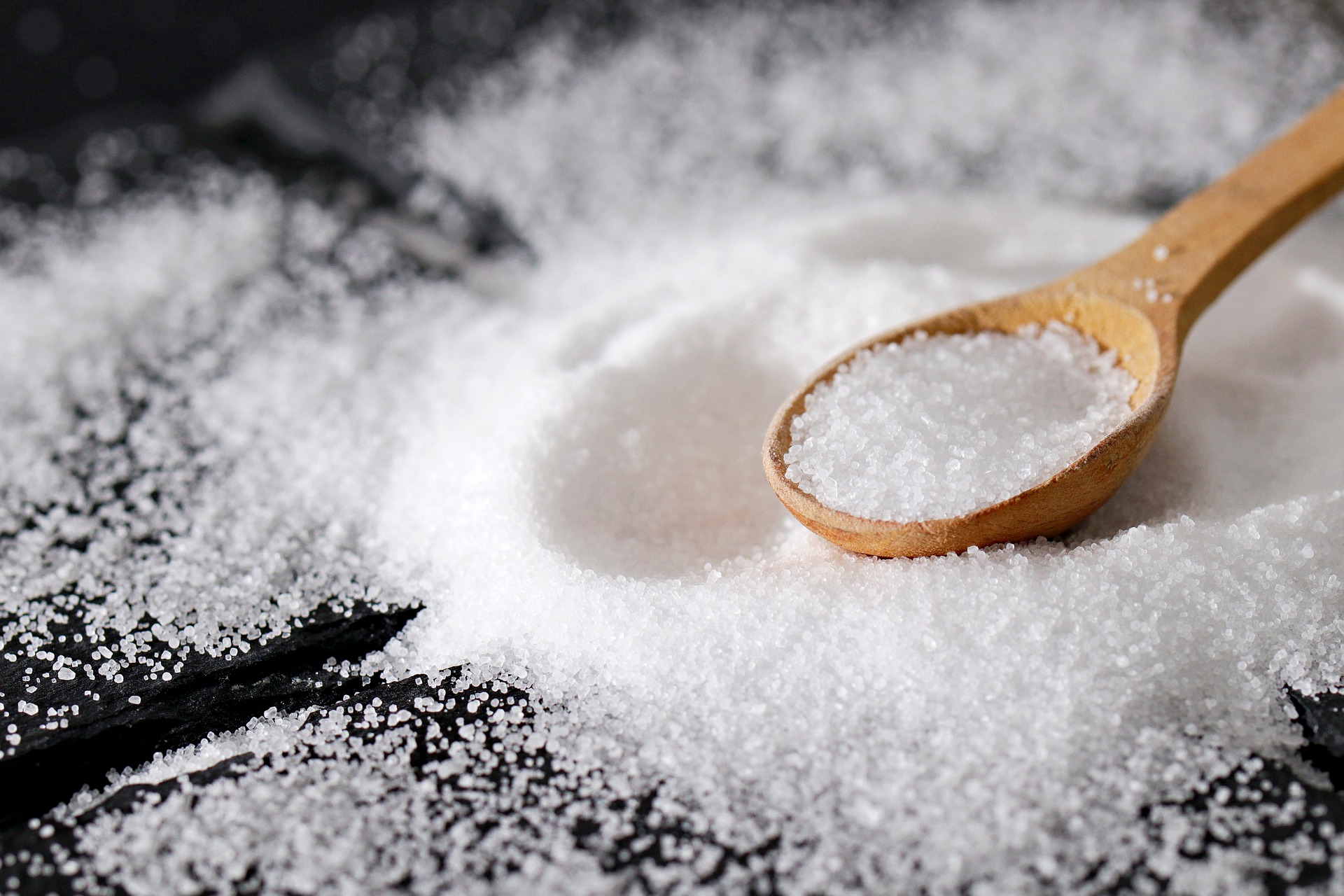Should I Consume Salt Before a Workout?
By Alex Soto on 10/17/2022
There is a huge amount of discussion about the benefits and disadvantages of consuming salt for our health and debate about how much salt is good for us. Most people know that a high intake of salt can be harmful, but the benefits of consuming salt are often less well-known. If you exercise regularly, nutrition is key for optimum performance and recovery. In this guide, we'll talk about whether it's beneficial to consume salt before a worko1ut and offer some tips to help you plan your menu.
Should I consume salt before a workout?
There are multiple factors that impact sporting performance, energy levels and recovery. Your diet is one of the most important elements. One question that often crops up when discussing how to fuel your body for exercise is ‘Should I consume salt before a workout?'
If you train on a regular basis, or you play sports at a high level, you may have noticed that when you sweat, it has a salty taste. When we exercise, we lose fluids through sweat, but we also lose sodium. Low sodium levels can have a serious impact on our health, and this is why it's beneficial to consume salt in moderation. If your sodium levels are too low, the following symptoms may develop:
- Muscle cramps and spasms
- Dehydration
- Nausea and vomiting
- Drowsiness
- Headaches
- Restlessness
- Organ failure
It is understandable to assume that increasing salt levels is essential if you lose salt through sweating due to intensive or frequent workouts. In most cases, people don't have to increase their salt intake dramatically to prevent low sodium levels. Most people consume around 75% of the daily recommended intake of salt through everyday foods. Without realizing, they may take in too much salt by adding salt to dishes or meals or choosing salty food and drinks. There is a danger, however, that people who follow clean eating plans and avoid salt may end up with low sodium levels.
The best answer to the question is to tailor your diet to suit your needs. It is beneficial to use a food diary or follow a menu plan to ascertain how much salt you consume on an average day and figure out whether you need to increase your intake based on your activity levels. If you run marathons, for example, or you train for several hours per day, you may need to add more sodium to your diet.
How much salt do I need if I work out regularly?
There is no universal answer to this question, as people have different diets, the amount people sweat varies, and there are lots of different types of exercise and activities. If you sweat a lot, it's useful to increase your intake of fluids and replace lost electrolytes, especially if you are finding that your muscles ache during your workout. Adding a small amount of salt to the water you drink during exercise can help to prevent muscle cramps and spasms.
According to the CDC, the average American consumes over 3,400 mg of sodium per day. This exceeds the recommended daily intake of 2,300 mg (source). Most people will not need to increase their sodium intake unless they have a low-sodium diet or they are sweating profusely or exercising for long periods.
When you're training, it's beneficial to consider your diet and keep an eye on your salt intake.
Food and drinks with high sodium content
Foods that are high in sodium include:
- Smoked and cured meat and fish
- Ready meals
- Pizza
- Stock cubes
- Soy sauce
- Salted nuts and chips
- Cheese
- Trail mix
- Nuts
- Soup
- Pretzels
- Whole-grain crackers
Is consuming salt after a workout beneficial?
When you sweat during exercise, you lose salt. After a workout, it's essential to top up your fluids to stay hydrated, but it may also be beneficial to boost your intake of sodium. This could be relevant to you if you sweat a lot through intensive exercise, or you've been training on a very hot or humid day. The best way to enhance your diet is to include healthy foods that contain sodium in your daily diet. If your sodium levels are still too low, you can add salt to water to increase levels during training or snack on salty foods like those listed above.
Conclusion
Salt and exercise have an important relationship. To perform and recover well, your body needs sodium. When you sweat, you lose fluids and salt. If your sodium levels dip too low, you may find that you feel dizzy, you get muscle cramps and you lack energy. Keep a food diary, monitor sodium intake and consider increasing your consumption of salted water or salty, healthy ssnacks before, during and after exercise if you're training hard.
exercise | pre-workout | nutrition